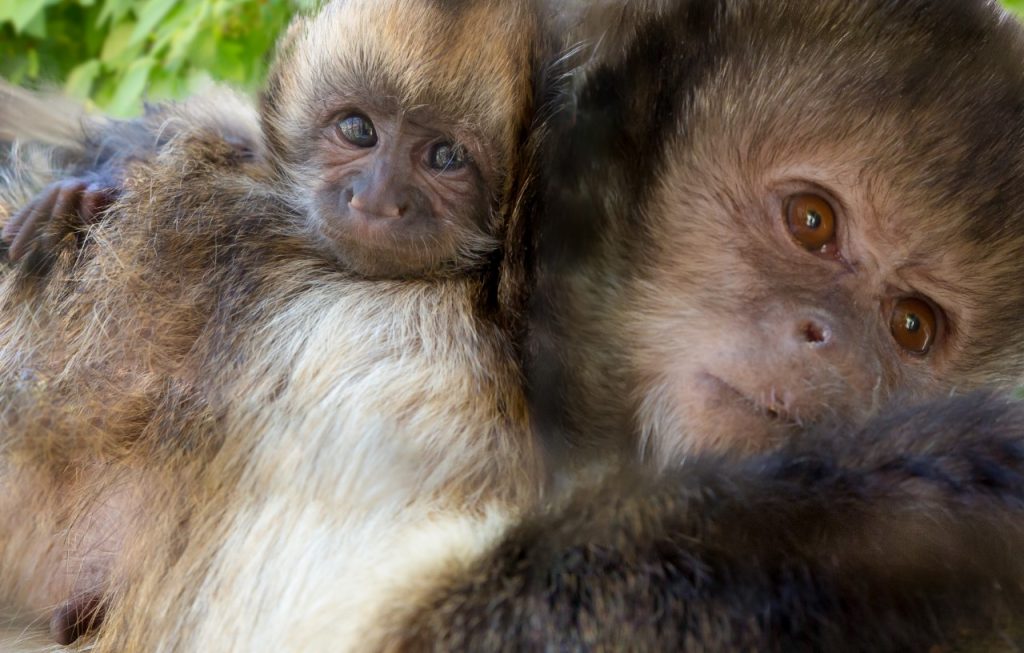Fruit-free diets for primates
Citation
Plowman A. 2015. Fruit-free diets for primates. In Bissell H, Brooks M, Eds. Proceedings of the Eleventh Conference on Zoo and Wildlife Nutrition, AZA Nutrition Advisory Group, Portland, OR.
Abstract
Paignton Zoo has been working towards fruit-free diets for primates since about 2003, when severe dental health issues in our colobus monkeys (Colobus guereza) triggered us to investigate sugar levels in their diet. In common with most of our primates at the time their diet consisted of a commercial primate pellet and included a high proportion of fresh and dried fruit, along with vegetables, bread and seeds. From our investigations it became apparent that orchard grown fruit, selected to be palatable to humans, contains significantly more non-structural carbohydrate (sugars) and less fibre than wild fruits consumed by free-living primates. The difference is even more extreme when comparing orchard fruits with the leaves typically consumed by folivorous primates. So we took the decision to remove fruit completely from the diets of the colobus and other Cercopithids on the same section in order to reduce the overall sugar levels and increase fibre levels of their diets. We use the lay meaning of fruit, rather than the botanical one, as this is more readily understandable to those involved in primate feeding. However, we have also reduced the amount of some vegetables that have high sugar levels or removed them completely for the more folivorous species.
Dental health issues declined drastically and stopped completely within a year of the diet change for colobus monkeys. In other groups we saw gradual and sustained weight loss in overweight individuals whilst others in the group maintained healthy weights and we recorded improved faecal consistency and reduced incidences of diarrhoea. This encouraged us to implement fruit free diets across all primates including lorises, lemurs, callitrichids, cebids, gibbons and great apes. We have seen similar physical effects in all these other primate groups. In addition for the lemurs and callitrichids we were able to collect behavioural data. Remarkably consistent results showed reduced aggression and self-directed behaviour (used as indicator of social anxiety) when given fruit-free diets.
 03_Plowman.pdf 50 KB
03_Plowman.pdf 50 KB








